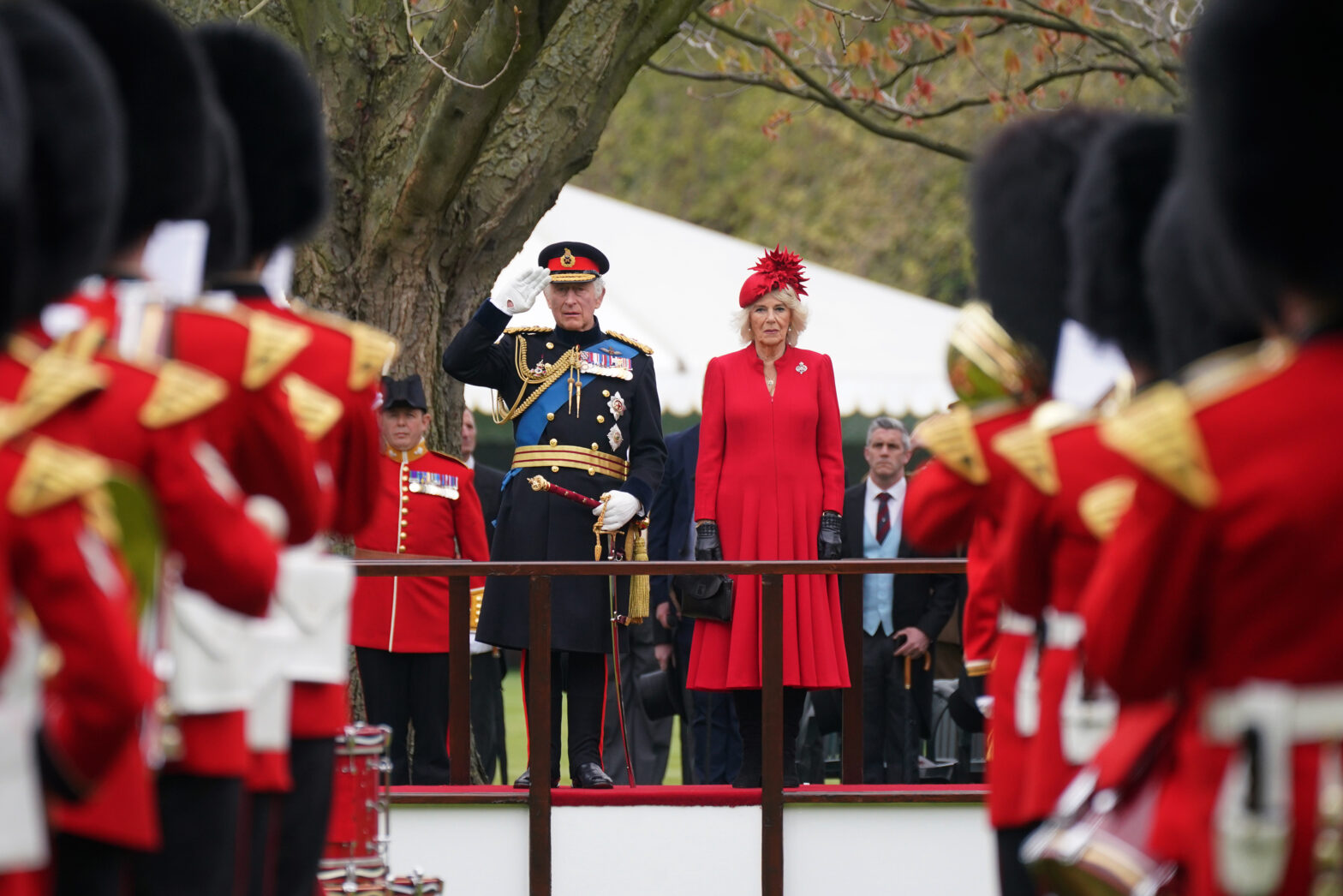As Britain prepares for the coronation of King Charles III this week, there are lingering questions. What kind of king will he be? Secondly, how will his reign impact British tourism? And what are Black people in Britain and elsewhere, saying about monarchy in 2023?
In order to answer these, it’s helpful to understand the history of the Windsors in Britain. Charles only became king in September, so it remains to be seen how his rule will be. However, there are two things one can say with confidence. The first is obvious: he won’t be on the throne as long as his mother. Second, if Charles hopes to earn even a fraction of his predecessor’s popularity, it’s going to be an uphill battle.
Here’s what to know about the upcoming coronation, the British monarchy, and how Black people have become increasingly critical of it in recent years.
The Monarchy Is Inextricably Linked To Colonialism
Is monarchy justified in the modern age?
Some say it places an undue burden on the British taxpayer, while others point to its inescapable link to colonialism. When Queen Elizabeth II was crowned in 1953, it was a very different time, to say the least. The monarchy was wildly romanticized, and not just in Britain. For example, when the Queen toured Jamaica six times, locals lined the streets with flags, chanting: “God save the Queen!” It was a custom few questioned, at least out loud.
During Elizabeth’s reign, several Black nations moved toward independence. She had only been queen a few years when Ghana earned independence in 1957. This sparked a domino effect across Africa, with Nigeria, Sierra Leone, Kenya and other countries following suit in the 1960s and beyond. The importance of this aside, nothing could reverse the irreparable damage colonialism brought on the continent.
The Caribbean islands were also eager to forge their own paths. In the 1960s and 1970s, Jamaica, Trinidad and St. Lucia, were just three islands that won independence from Britain.
In 2021, Barbados became a republic, and removed the Queen as head of state. In response, Elizabeth extended warm wishes to the island, while Charles stressed that Britain and Barbados would remain close in spite of the major change. This was likely a show of diplomacy, rather than genuine happiness for the new republic.
Black And Brown Nations Have Made Their Disapproval Of The British Monarchy Clear
The Windsors’ romanticized image started to crack following Princess Diana’s untimely death in 1997. The cracks deepened when Meghan Markle married Prince Harry. The racist reception she received wasn’t lost on Black people, especially younger ones, who related to Markle’s experience. Moreover, the British media wasn’t subtle in its comparisons between Markle and Kate Middleton, nor did it hide its preference for the latter. This inspired conversation about Britain’s relationship with racism, beyond the context of the royal family.
Anti-royal sentiment picked up steam in the Caribbean and Central America. Last year, when Prince William and Kate Middleton launched a “charm offensive” in Belize, Jamaica and the Bahamas, it was more offensive than charming. Time reported, “the trip was meant to persuade the three countries to keep the Queen as head of state. But growing calls to cut formal ties with the Queen, and campaigns for slavery reparations, have ignited a reckoning with the region’s colonial past.”
In an open letter, Jamaica described William and Kate as “direct beneficiaries of the wealth accumulated by the royal family, from the trafficking and enslavement of Africans.” The royal couple had to cancel a planned trip to a cocoa farm in Belize, due to local disapproval. Prince William denounced slavery as “abhorrent,” but this was insufficient and unhelpful.
Naomi Evans, the co-founder of the Everyday Racism Project, called the royal tour “problematic.” She added, “I don’t understand the purpose, unless it’s to go and apologize, and start talking about how you repair the damage.” Cynthia Barrow-Giles, a professor at the University of the West Indies, called the tour “disturbingly self-serving,” and out of touch.
What Will Happen At The Coronation?
Nobody does pomp the way the British do, so expect to see it in full bloom on May 6.
Queen Elizabeth II’s coronation, the first royal event to be televised, lasted over three hours. According to CNN, the crowning of Charles “is expected to be shorter.”
The ceremony will include the following: “recognition, oath, anointing, investiture, crowning and homage.” Charles will be given St. Edward’s crown, a historic piece of regalia with medieval origins. CNN explained, “the crown’s predecessor, which was melted down in 1649, dates back to the 11th century English king, Edward the Confessor.”
The King’s wife, Queen Consort Camilla, will also be crowned.
Two processions will move through London. The first is the King’s journey to his coronation at Westminster Abbey. The second, CNN noted, “will be a larger procession back to Buckingham Palace. There, the monarch and members of the royal family, will make a balcony appearance and watch a flypast.”
Do you plan to watch the coronation? Or do you believe the British monarchy deserves to be left in the past?
